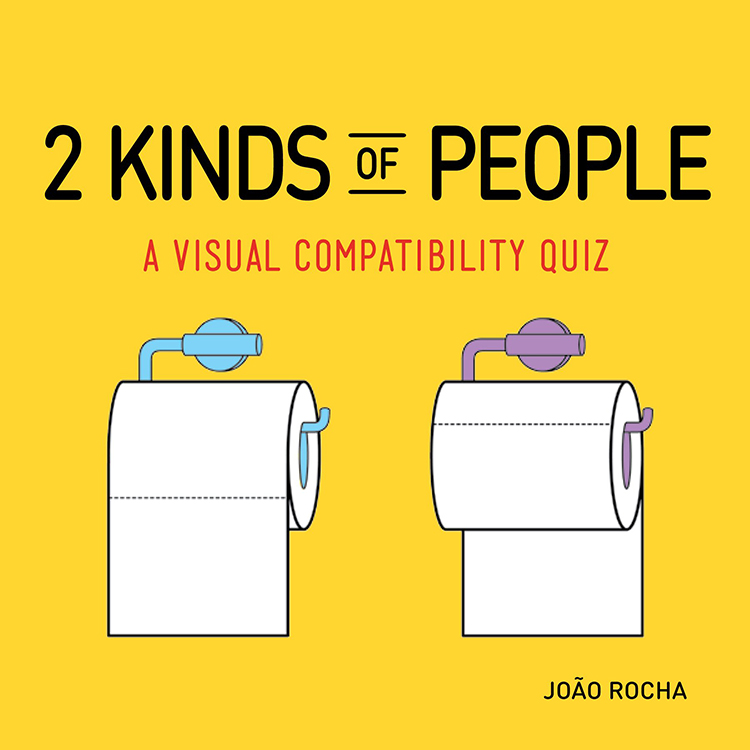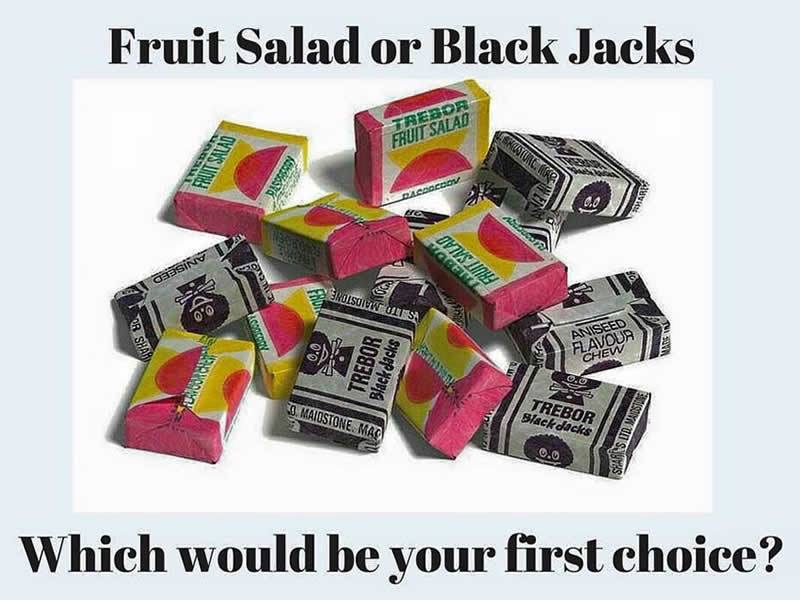A
thoroughly miserable start to the two weeks of ‘extreme’ lockdown imposed by
the Spanish Government. Presumably what we had before was a ‘Lockdown Lite’ and
what we have now is a ‘Lockdown Intense!” – complete with exclamation mark.
This attempt to be more stringent is a
belated response to the truly horrific figures of the dead and the infected that
will haunt this government forever.
The steady rain is a depressing backdrop
to a growing realization that this period of two weeks is more than likely to
be followed by another, and another, and another. The Guardian reports one medical expert
saying that the lockdown in some form or other could last as long as a
year. I resisted the need to put an
exclamation mark at the end of that last sentence because, truly, it would not
come as any sort of surprise.
At the end of World War II in Britain, it
took until 1954 for rationing to end: nine years after the end of a conflict
that we ‘won’. It seems unlikely that
the number of deaths from this pandemic will come anywhere near the totals of
the World War, but the dislocation is perhaps more truly worldwide than that
conflict. And if it took nine years to
get back to sub-normal, how long is it going to take this time?
This
time around no infrastructure has been destroyed, the networks of
transportation are running albeit in a reduced form and, most importantly,
there is not the international conflict that makes communal unity impossible –
apart, of course from the various populists around the world who are finding
fascist rhetoric is of no use in fighting a real virus. Countries are generally sharing vital information;
people are working together to find solutions.
It will be the micro political divisions that kill us, working against
the macro attempts to save us.
Toni,
in his hunter/gatherer mode has been venturing out into this new world of
increased restrictions to get some food.
We did not indulge in the panic buying frenzy at the start of this
madness, so we do routinely need to stock up.
We are fortunate that in Castelldefels
there is one area where there are five large supermarkets within walking
distance of each other, so choice is not a problem. The only real fear is peoples’ lax social
distancing habits when in the confined spaces of shops.
We had a fairly large list of needs and
most of them have been satisfied. We
have made it policy that only one supermarket will be visited and if you can’t
get what you want there then it will have to wait for another time. Our decision to have a few ‘treats’ came to
nothing, as the chosen store (Aldi) had no chocolate or ice cream (overtones of
“No more mushrooms!” there) but the other items on the list were obtained, more
or less.
The only things that we had actually run out
of were eggs and milk; and Toni forgot the eggs (but remembered the milk) and I
suspect that he simply missed the chocolate (he lacks my professionalism when
it comes to shopping) and everything else he failed to find, but we do have all
the essentials.
Being without milk, even for a number of
hours rather than days, was a pain. On
the principle that it is better to be petty minded over slight inconveniences
rather than freak out over major crises: I have to say that missing a late
afternoon cup of my tea (50/50 English Breakfast and Earl Grey) was a real loss. It
threw my sense of new routine into chaos and unsettled me. How, I reasoned, is civilized life to
continue without a stabilizing cup of tea?
In spite of the horror all around us, we
live in a sort of easy stasis where the day starts with the comforting rumble
of the robot hoover and a cup of tea, and ends with the computer monitor going
black. During the time in between there
are the little domestic things that have taken the place of engagement in the
wider physical world, or at least engagement physically in the wider
world. Any disruption there is to the Important
Little Things That Keep You Sane – well, the clue is in the last capitalized
phrase!
As befits the gravity of the situation
that dictates our lives, I have taken to drinking only camomile tea in the late
evenings: look on it as my way of saving milk, and indulging in a gentle quasi-protestant-self-denial. I cannot really pretend that I like the taste
of camomile tea, but I have rapidly got used to it, so that I am able to kid
myself that the taste is at least ‘interesting’ and a ‘dis-flavoursome contrast’
to the beverages I usually drink.
That is the sort of ‘re-branding’ that
characterizes a great deal of what we are doing when locked down: a spiritual
form of ‘make do and mend’, using what you have to make the most of what you
want!
And
talking of Protestantism, as I sort-of was in the last but one paragraph, the ‘treats’
that we had from Toni’s shopping expedition were almost perfect examples of the
faith: two tone biscuits: Marie biscuit one side and a thin layer of chocolate
covering (and overhanging) the other.
Marie biscuits are surely the most uninspiring biscuits in commercial
production and delicious chocolate should never be thin.
Incidentally, when I explained to Toni the
correct way to eat these biscuits: by nibbling away the overhang of chocolate round
the edges, while trying to prise it away from the biscuit base to see how much
of the covered biscuit you could uncover when you had nibbled away at the four
sides, he had swallowed his whole. And there
you see the consumer differences between a Lapsed Catholic and an Anglican
Atheist!
And in a most un-Catalan like way, it is
still raining and we have not had our customary glimpse of the sun.
It’s just one damn thing after another.


